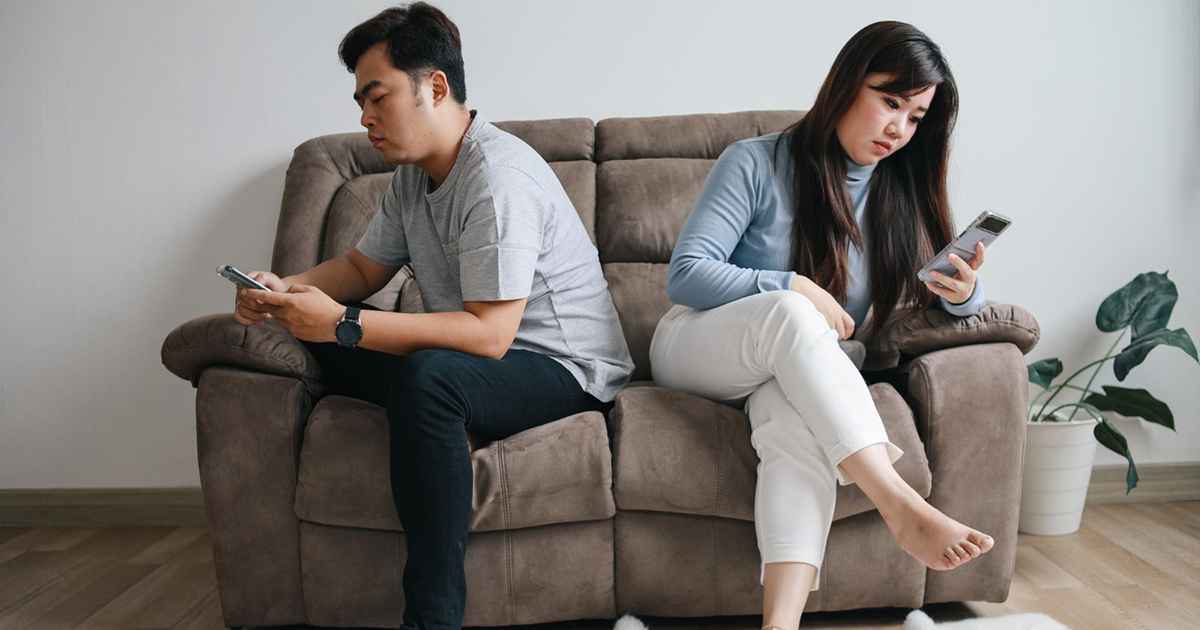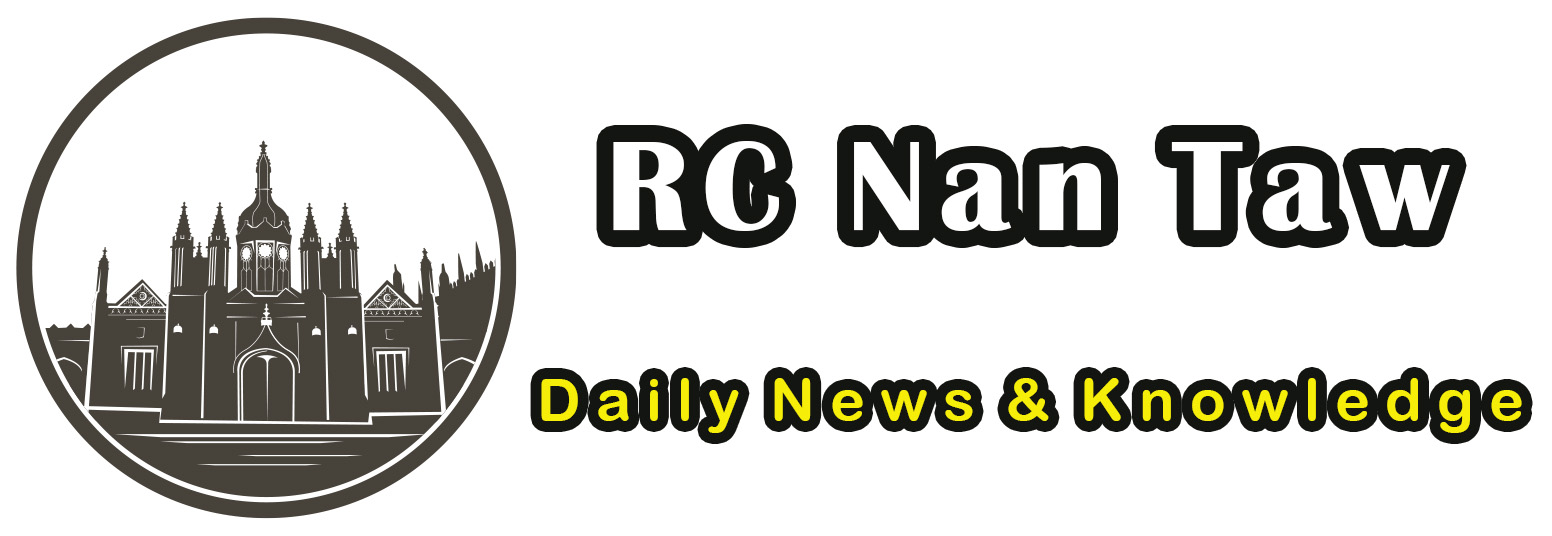
Relationships can be a beautiful journey, but every couple faces bumps along the road. When conflicts arise and communication falters, many wonder: does couples counselling work? Whether you’re experiencing ongoing arguments or simply seeking to strengthen your bond, understanding the ins and outs of couples therapy could be a game-changer. Let’s dive into what couples counselling truly entails and explore how it might just hold the key to revitalizing your relationship.
Definition of couples counselling
Couples counselling is a therapeutic process designed to help partners navigate their relationship challenges. It offers a safe space for both individuals to express their thoughts and feelings without judgment.
Typically led by a trained therapist, this form of counselling aims to improve communication and resolve conflicts. The sessions encourage honest dialogues, helping couples understand each other’s perspectives better.
This approach isn’t just for those in crisis; it can also benefit couples looking to deepen their connection or enhance intimacy.
Couples counselling serves as a tool for growth and healing, fostering healthier relationships through guided exploration of issues that may be affecting the partnership.
Common issues addressed in couples counselling
Couples counselling often delves into a range of issues that can strain relationships. Communication breakdowns frequently top the list. Partners may find themselves misinterpreting each other’s intentions or struggling to express their feelings.
Trust concerns also arise, whether due to infidelity or past hurts. Rebuilding this trust is vital for moving forward together.
Conflict resolution is another common focus. Many couples struggle with effective techniques for managing disagreements without escalating tensions.
Additionally, intimacy challenges can emerge over time. This could relate to emotional closeness or sexual compatibility, impacting overall relationship satisfaction.
Life transitions—like parenthood, job changes, or relocation—can introduce stressors that require attention in therapy sessions too. Each topic provides an opportunity for growth and deeper understanding between partners as they navigate through their unique dynamics together.
Benefits of couples counselling
Couples counselling offers a safe space for partners to express their feelings openly. This environment fosters communication, allowing each person to share their thoughts without fear of judgment.
Another significant benefit is the opportunity for conflict resolution. Couples learn effective strategies to manage disagreements and avoid escalation into more serious issues.
Counselling can also strengthen emotional connections between partners. By addressing underlying concerns, couples often discover renewed intimacy and understanding in their relationship.
Additionally, professional guidance helps individuals gain insights into their behavior patterns and triggers. This self-awareness contributes to personal growth within the partnership.
Couples counselling promotes teamwork in overcoming challenges together. It encourages collaboration rather than competition, reminding partners that they are united against external stressors instead of being at odds with one another.
Types of therapy used in couples counselling
Couples counselling employs various therapeutic approaches to address relationship challenges. One popular method is Emotionally Focused Therapy (EFT). This approach focuses on identifying and changing negative interaction patterns, fostering emotional connection.
Another widely used technique is the Gottman Method. Developed by Drs. John and Julie Schwartz Gottman, it emphasizes building a sound relationship house through trust, commitment, and effective communication skills.
Cognitive Behavioral Therapy (CBT) also finds its place in couples work. It helps partners understand how their thoughts influence feelings and behaviors within the relationship.
Integrative Behavioral Couple Therapy (IBCT) combines acceptance with change strategies. It promotes understanding each partner’s needs while recognizing areas for growth.
Imago Relationship Therapy encourages couples to explore childhood experiences that shape current dynamics, fostering empathy and deeper understanding between partners. Each type provides unique tools tailored to help couples navigate their specific issues effectively.
Success rates of couples counselling
Success rates for couples counselling can vary widely, depending on several factors. Research indicates that many couples experience significant improvements in their relationships after engaging in therapy. Studies show that approximately 70% of couples report positive outcomes post-counselling.
The effectiveness often hinges on the commitment level of both partners. When both individuals are willing to engage and work through issues collaboratively, success rates increase dramatically.
Another influential factor is the type of therapist used—some approaches resonate more with certain couples than others. For example, emotionally focused therapy has shown high success rates by helping partners understand their emotional responses.
Timing also plays a crucial role; those who seek help sooner tend to have better outcomes than those waiting until issues become entrenched. Each couple’s unique dynamics contribute to how effective counselling can be for them individually, making it essential to find a tailored approach for lasting results.
Factors that contribute to the success of couples counselling
Effective communication is a cornerstone for success in couples counselling. When both partners can express their feelings openly, it creates a safe space for understanding.
Commitment to the process plays a crucial role as well. Couples who are genuinely invested in improving their relationship tend to reap greater benefits from therapy sessions.
The therapist’s experience and approach matter too. A skilled professional can tailor strategies that resonate with each couple’s unique dynamics.
Timing also influences outcomes. Seeking help early, before issues escalate, often leads to more effective resolutions.
Individual readiness for change cannot be overlooked. Partners willing to reflect on their behaviors and make adjustments increase the likelihood of positive transformation within the relationship.
When to consider couples counselling
Recognizing the right moment for couples counselling can be pivotal in a relationship’s journey. If communication has become strained or arguments seem to escalate without resolution, it might be time to seek help.
When you notice recurring patterns of conflict, this indicates deeper issues that need addressing. Ignoring these problems often leads to resentment and emotional distance.
If one partner feels unfulfilled or disconnected, engaging with a professional can provide clarity and insight into underlying feelings.
Additionally, major life changes such as moving in together, having children, or dealing with loss may create stress that challenges your bond. Seeking guidance during these transitions can strengthen your connection.
If both partners are willing but unsure how to move forward together, couples counselling offers tools and strategies for rebuilding intimacy and trust.
Alternatives to traditional couples counselling
For couples seeking alternatives to traditional counselling, online therapy is a convenient option. Virtual sessions provide flexibility in timing and allow partners to engage from the comfort of home.
Workshops and retreats also offer intensive experiences for couples. These events often focus on communication skills, conflict resolution, or intimacy building, all while fostering connection in a supportive environment.
Books and self-help resources can serve as valuable tools too. Many authors share insights that help couples navigate their challenges independently.
Peer support groups create community connections. Sharing experiences with others facing similar issues can foster understanding and encouragement.
Engaging in shared activities like classes or hobbies helps strengthen bonds organically. Whether it’s cooking together or taking up yoga, these moments promote teamwork and fun outside typical stressors.
Conclusion
Couples counselling can be a vital resource for many relationships, offering tools and insights to navigate challenges. Understanding the definition and common issues addressed helps in recognizing its importance. The benefits of therapy are numerous, from improved communication to deepened emotional connections.
Different types of therapy utilized in couples counselling cater to various needs, increasing the likelihood of success. While studies indicate positive outcomes, individual circumstances greatly affect these rates. Factors such as commitment and openness play crucial roles in achieving desired results.
Considering couples counselling at the right time can make all the difference. Alternatives exist too; exploring options outside traditional settings may provide unique solutions tailored to specific situations.
Whether or not you choose this path is a personal choice that can lead to growth and understanding within your relationship.
